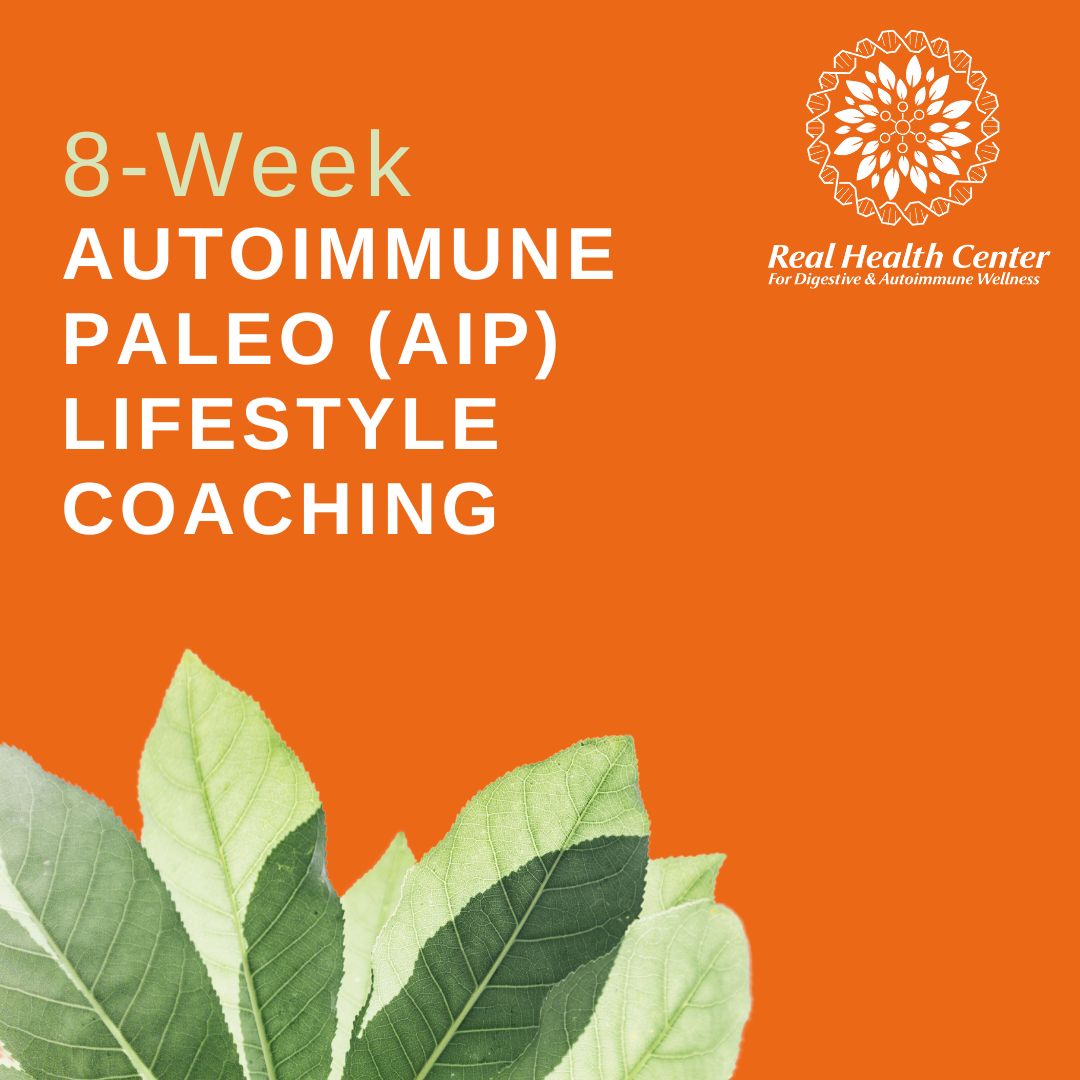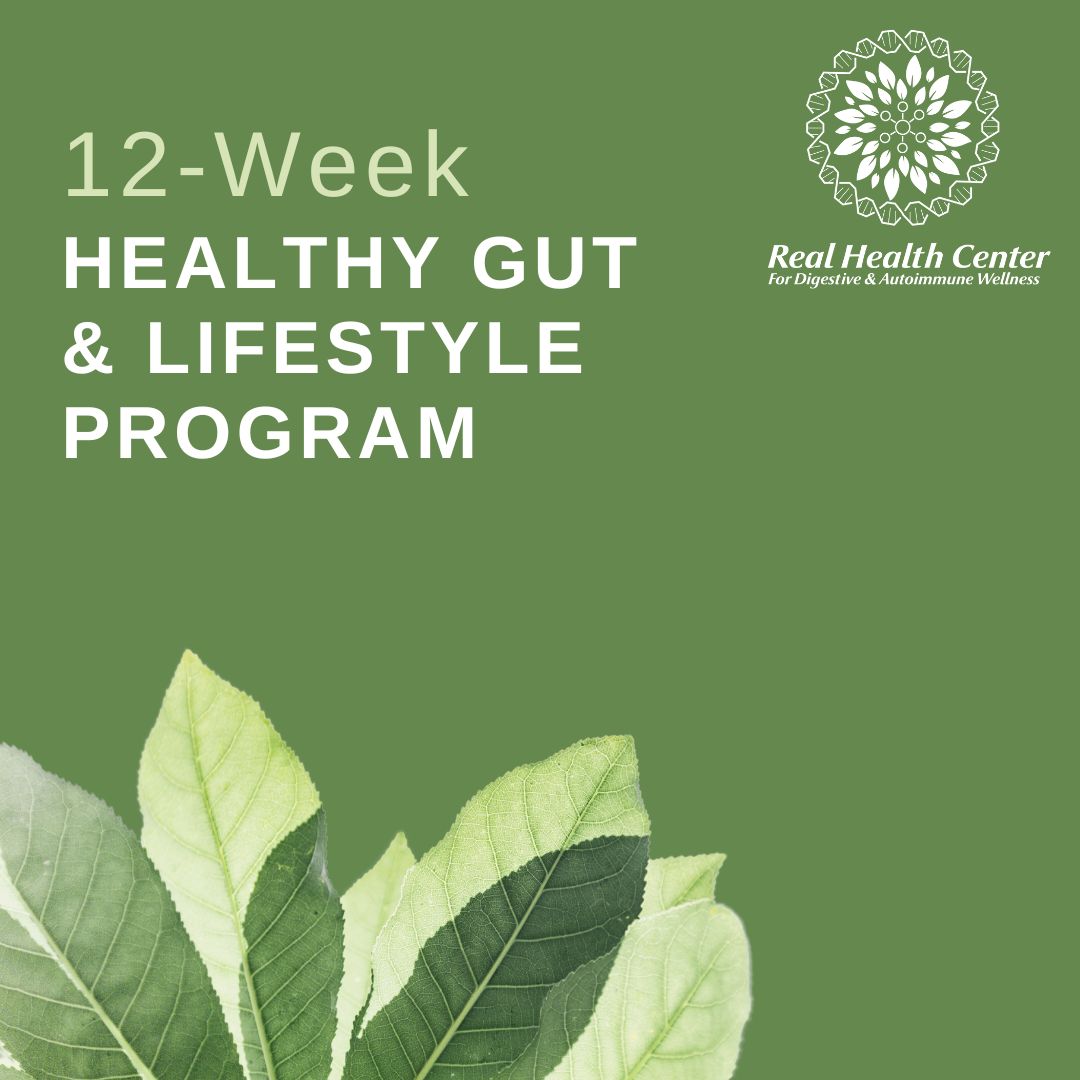|
Hello, health-conscious readers! Today, we're embarking on a journey to unlock the secrets of liver health. Your liver, often referred to as your body's silent hero, performs vital functions that keep you thriving. But did you know that its well-being is closely linked to your gut health? In this friendly yet scientific exploration, we'll delve into the world of liver health, understand the gut-liver connection, and learn about liver-loving foods, lifestyle habits, and supplements that can keep your liver in top shape. The Remarkable Liver: Your Body's Multitasker Before we delve into the connection between the liver and gut health, let's take a moment to appreciate the liver's incredible role in your well-being. This resilient organ has a variety of functions, including filtering blood, metabolizing nutrients, and detoxifying harmful substances. It's the ultimate multitasker, and it deserves our attention and care. The Gut-Liver Connection: A Vital Link Now, let's explore the intricate relationship between your gut and liver: Nutrient Absorption: Your gut is responsible for absorbing nutrients from the food you eat. These nutrients are then transported to the liver for processing and distribution throughout the body. A healthy gut ensures that the liver receives the essential components it needs to function optimally. Detoxification: The liver is your body's primary detoxifier, neutralizing toxins and waste products. A well-balanced gut microbiome can aid in detoxification by breaking down harmful substances before they reach the liver. Inflammation Control: An unhealthy gut can lead to chronic inflammation, which can affect the liver. Inflammation in the gut can trigger a similar response in the liver, potentially leading to liver damage over time. Liver-Loving Foods: Nutrient-Packed Choices Now, let's dive into the first part of our liver health strategy--choosing the right foods: Leafy Greens: Foods like spinach, kale, and Swiss chard are rich in antioxidants that support liver function and protect it from oxidative stress. Steaming before eating can help with digestion and minimize oxalates. Cruciferous Vegetables: Broccoli, cauliflower, and Brussels sprouts contain compounds that aid detoxification processes in the liver. Fiber-Rich Foods: Whole grains, legumes, and fruits provide dietary fiber that aids digestion and helps remove waste products from the body, reducing the liver's workload. Healthy Fats: Avocados, fatty fish (like salmon), and nuts are excellent sources of healthy fats that can help reduce liver inflammation. Liver-Healthy Lifestyle Habits: Good Choices for Well-Being Now, let's explore the second part of our strategy--adopting liver-friendly lifestyle habits: Stay Hydrated: Drinking plenty of water helps the liver flush out toxins and metabolic waste, ensuring it operates efficiently. Limit Alcohol: Excessive alcohol consumption can harm the liver. If you drink, do so in moderation to protect this vital organ. Regular Exercise: Engaging in regular physical activity helps maintain a healthy weight and reduces the risk of fatty liver disease. Stress Management: Chronic stress can impact gut health and, in turn, liver health. Incorporate relaxation techniques like meditation or yoga into your routine to keep stress in check. Beneficial Liver Supplements: Enhancing Your Liver's Health Finally, let's explore the third part of our strategy—considering beneficial liver supplements: Milk Thistle: Supplements containing silymarin, found in milk thistle, are known for their potential liver-protective properties. Vitamin E and C: These antioxidants can support liver health by protecting it from oxidative damage. Omega-3 Fatty Acids: Found in fish oil supplements, omega-3s can help reduce liver inflammation and improve fat metabolism. Consult a Professional: Before adding any new supplements to your routine, consult with a Functional Medicine Practitioner to ensure they are appropriate for your specific needs and health status. Your Liver, Your Lifelong Ally In this article, we've uncovered the vital role of the liver in maintaining your overall well-being. Remember, a healthy liver starts with a well-balanced gut, supported by liver-loving foods, lifestyle habits, and supplements. By nurturing your liver from gut to good habits, you're investing in a healthier, more vibrant future. Here's to a thriving liver and a vibrant life! As you navigate this path, know that I'm here to provide guidance, insights, and evidence-based strategies to help you unlock the potential of your gut for vibrant living. Your initial consultation is free and you can request it by clicking the button below: Not ready for a consultation? Want to learn more about how to support your liver health? Download our free Liver Health Guide Below.
0 Comments
Hello, my fellow readers! Today, we're diving deep into a topic that concerns many of us – hair loss. Our hair, a visible marker of our health and vitality, is more than just a part of our appearance; it's a reflection of our well-being. But did you know that the root of hair health might just lie in an unexpected place—the gut? In this article, we'll uncover the gut-hair loss connection, understand how nurturing your gut can lead to healthier hair, and explore strategies for maintaining a luscious mane.
The Fascinating World of Hair Loss First, let's get acquainted with hair loss, a concern that affects millions worldwide. Scientifically termed "alopecia," it can occur for various reasons, from genetics to hormonal imbalances. While it's a common issue, it's not one you have to accept without exploring potential solutions. The Gut: Beyond Digestion Now, let's shift our focus to the gut, a dynamic system that's often overlooked in its complexity. Beyond its primary role in digestion, the gut is home to a vibrant community of microorganisms, plays a pivotal role in immune system coordination, and even influences our hormonal balance. And yes, it turns out that a happy gut can lead to happier, healthier hair. The Gut-Hair Loss Connection: Unveiling the Secrets Nutrient Absorption: The gut is responsible for absorbing essential nutrients, including those vital for hair health. Nutrients like biotin, zinc, and iron are crucial for strong, vibrant hair. An unhealthy gut can hinder the absorption of these nutrients. Inflammation: A compromised gut can trigger chronic inflammation, which can disrupt hair follicle function and lead to hair loss. Conditions like alopecia areata have an inflammatory component. Hormonal Balance: Hormonal imbalances, often linked to the gut, can affect hair growth cycles. For example, elevated levels of the hormone dihydrotestosterone (DHT) are associated with male and female pattern baldness. Stress Response: The gut and the brain are closely connected through the gut-brain axis. Stress, which can negatively impact gut health, can also contribute to hair loss by pushing hair follicles into a resting phase. Caring for Your Gut and Hair Now that we've unveiled the gut-hair loss connection, here are some friendly scientific tips to promote hair health through a happy gut: Diet: Prioritize a balanced diet rich in essential nutrients like biotin, zinc, iron, and antioxidants. Consume foods like eggs, nuts, leafy greens, and fruits to support both gut and hair health. Probiotics: Consider incorporating probiotics into your diet to promote a healthy gut microbiome. Yogurt, kefir, and fermented foods like sauerkraut are excellent choices. Stress Management: Practice stress-reduction techniques like meditation, yoga, or deep breathing exercises to keep your gut-brain axis in harmony. Adequate Hydration: Stay hydrated to support overall well-being, including hair health. Consult a Specialist: If you're concerned about hair loss or gut issues, consult a functional medicine practitioner who specializes in both areas. They can test for hormones, viral and bacterial overgrowths as well as liver health to provide tailored advice and solutions. In this article, we've uncovered the fascinating connection between gut health and hair loss. Remember, a nourished gut can be the foundation for healthier hair. By nurturing your gut through a balanced diet, stress management, and professional guidance, you're taking proactive steps toward maintaining a luscious and vibrant mane. Here's to strong, beautiful hair and a thriving gut! As you navigate this path, know that I'm here to provide guidance, insights, and evidence-based strategies to help you unlock the potential of your gut for vibrant living. Your initial consultation is free and you can request it by clicking the button below: Inside our cells, there's a hidden world of energy production that keeps us going, from simple tasks like breathing to complex thinking processes. Imagine it as a dynamic dance of vitality, all choreographed by tiny cell powerhouses called mitochondria. In this journey, we'll skip the heavy scientific jargon and explore the wonders of cellular energy, demystify the role of mitochondria, and unveil how your gut health can help you conquer the enigmatic Chronic Fatigue Syndrome (CFS).
Mitochondria: Your Cellular Energy Factories Meet mitochondria, your cell's energy factories. They're like the engines powering your body. These microscopic structures, found within our cells, work their magic through a process called oxidative phosphorylation. Think of it as a little powerhouse that churns out energy in the form of adenosine triphosphate (ATP), which is the fuel for everything your body does. Mitochondrial Hiccups in Chronic Fatigue Syndrome Now, let's talk about Chronic Fatigue Syndrome (CFS). It's like that uninvited guest at a party, and it brings persistent and unexplained fatigue. Researchers have been working hard to understand it better. What they've found is intriguing - it looks like the energy factories (mitochondria) aren't working as they should. Imagine a factory with a glitchy assembly line, that's what's happening with ATP production in CFS. It's slower and less efficient. The Intriguing Gut-Mitochondria Connection Now, let's explore the intricate interplay between gut health and mitochondrial function: Nutrient Absorption: The digestive system, notably the small intestine, serves as the portal for nutrient absorption. Essential cofactors such as coenzyme Q10 (CoQ10) are absorbed here, critical for mitochondrial function. However, other nutrients are equally pivotal, including B-vitamins (especially B2, B3, B5, B6), magnesium, and iron. Microbiome Influence: Our gut microbiome, a bustling community of trillions of microorganisms, plays a pivotal role in gut health. Emerging research indicates that the composition and activities of these microbes can influence mitochondrial function. Dysbiosis, an imbalance in gut microbiota, may contribute to mitochondrial dysfunction and CFS. Inflammation and Oxidative Stress: Dysbiosis and gut permeability issues can trigger chronic inflammation and oxidative stress within the gut. These systemic responses can have a detrimental impact on mitochondrial health. It's worth noting that inflammation and oxidative stress are also influenced by antioxidant-rich foods. Mitochondrial Biogenesis: New evidence suggests that molecules and signaling pathways originating in the gut may influence mitochondrial biogenesis. This process, responsible for creating fresh mitochondria, is pivotal for sustained cellular energy production and overall vitality. Nurturing Your Gut for Enhanced Cellular Energy To fortify your gut health and optimize mitochondrial function, consider these comprehensive strategies: Diverse Diet: Embrace a well-balanced diet rich in fiber, prebiotics, and probiotics to cultivate a flourishing gut microbiome. Incorporate foods high in CoQ10, such as organ meats and spinach, but also include a variety of nutrient-rich foods like legumes, whole grains, leafy greens, and lean meats to ensure you receive a spectrum of essential nutrients. Supplementation: Consult with functional nutrition professionals to explore targeted supplements for mitochondrial support. These may include CoQ10, B-vitamins, magnesium, and iron, depending on individual needs and deficiencies. Stress Mastery: Chronic stress exacts a toll on gut health and mitochondrial vitality. Prioritize stress management through meditation, mindfulness, regular physical activity, and ample sleep. Holistic Care: Seek guidance from healthcare specialists who specialize in CFS, mitochondrial disorders, and gut health. Individualized approaches and expert consultation are paramount when navigating the intricate landscapes of these complex health issues. The connection between gut health, mitochondrial energy production, and conditions like Chronic Fatigue Syndrome continues to unveil itself as an exciting frontier in cellular biology and functional medicine. This comprehensive exploration has illuminated the profound role our gut plays in sustaining mitochondrial vitality, influencing our overall well-being. By implementing the strategies outlined above, and by staying informed about cutting-edge research, you can embark on a journey toward the optimal maintenance of cellular energy and holistic health. Keep in mind that the path to well-being is individualized, and collaborating with a functional medicine practitioner remains paramount when addressing complex health issues like CFS, mitochondrial dysfunction, and gut health. As you navigate this path, know that I'm here to provide guidance, insights, and evidence-based strategies to help you unlock the potential of your gut for vibrant living. Your initial consultation is free and you can request it by clicking the button below: Greetings, fellow health enthusiasts! Today, we're embarking on a journey into the realm of joint health, where the vitality of our joints, like the cogs in a well-oiled machine, keeps us moving. But here's the twist - our gut, often considered the epicenter of our overall well-being, may play a more pivotal role in joint health than you might think. In this friendly but scientific exploration, we'll dive into the world of joints, unravel the gut-joint connection, and understand how nurturing your gut can lead to happier, more flexible joints. The Remarkable World of Joints Joints, those marvelous connections between bones, are integral to our daily activities, from bending to stretching, walking to running. They come in various shapes and sizes, but they all have one thing in common: the need for proper care. The scientific term for joint health is "arthrology," and it's not just about preventing arthritis – it's about ensuring your joints work seamlessly throughout your life. Gut Health: It's More Than Just Digestion Now, let's shift our focus to the gut, often underestimated in its complexity. It's not just the place where food gets digested; it's a bustling hub of microbial activity, immune system coordination, and even mood regulation. And yes, it turns out that a happy gut can lead to happier joints. The Gut-Joint Connection: Unraveling the Mystery Inflammation: Gut health and joint health share a common enemy - inflammation. An imbalanced gut can lead to chronic inflammation, which in turn can affect joint tissues. Conditions like rheumatoid arthritis (RA) are closely tied to this inflammatory link. Immune System Modulation: Did you know that a significant portion of your immune system resides in the gut? A well-balanced gut microbiome helps regulate immune responses. When the gut is in harmony, it may reduce the risk of autoimmune conditions that target joints. Nutrient Absorption: Nutrients like vitamin D, calcium, and omega-3 fatty acids are crucial for joint health. The gut plays a pivotal role in absorbing these nutrients. An unhealthy gut may hinder their absorption, potentially impacting joint wellness. Microbial Metabolites: The gut microbiome produces metabolites that can influence inflammation and immune responses throughout the body, including the joints. Compounds like short-chain fatty acids (SCFAs) may have a protective effect on joints. Caring for Your Gut and Joints Now that we've seen the gut-joint connection, here are some friendly lifestyle tips to promote joint health through a happy gut: Diet: Incorporate a balanced diet rich in fiber, prebiotics, and probiotics to support a healthy gut microbiome. Include foods like yogurt, kefir, sauerkraut, and fiber-packed fruits and vegetables. Omega-3 Fatty Acids: Consider adding fatty fish, flaxseeds, and walnuts to your diet for their omega-3 content, which can have anti-inflammatory benefits for both your gut and joints. Bone-Building Nutrients: Consume foods rich in calcium and vitamin D, leafy greens such as kale, arugula, watercress, and collard greens and protein rich foods.. These nutrients are vital for strong bones and joints. Supplement with Collagen: The main protein found in bones is collagen. It contains the amino acids proline, glycine, and lysine, which help build bone, ligaments, muscle and tissues. Strength Training: Among the most effective forms of exercise to enhance bone health is weight-bearing or high-impact physical activity, as it stimulates the generation of new bone tissue. Stay Hydrated: Proper hydration is essential for joint health. Water helps lubricate joints and maintain their function. Consult a Professional: If you're experiencing joint issues, consult healthcare professionals who specialize in both gut and joint health. They can provide tailored advice and treatment options. In this article we've uncovered the remarkable connection between gut health and joint wellness. Remember, a happy gut can pave the way for happier joints, allowing you to enjoy a more flexible and active life. By nurturing your gut through a balanced diet, hydration, and professional guidance, you're taking a proactive step towards maintaining your joint health and overall well-being. So, here's to healthy joints and a thriving gut! As you navigate this path, know that I'm here to provide guidance, insights, and evidence-based strategies to help you unlock the potential of your gut for vibrant living. Your initial consultation is free and you can request it by clicking the button below: In the realm of health and wellness, the interconnection between various bodily systems often surprises us with its complexity. While we typically think of eye health as a standalone concern, emerging research has shed light on a fascinating relationship between the gut and the eyes. This connection underscores the importance of holistic health practices and highlights how nurturing your gut can potentially benefit your vision.
The Gut Microbiome: A Microscopic World with Macroscopic Implications The gut microbiome, a complex ecosystem of trillions of microorganisms residing in our digestive tract, plays a pivotal role in maintaining overall health. This collection of bacteria, fungi, viruses, and other microbes doesn't just aid in digestion; it influences various aspects of our well-being, including our immune system, metabolism, and now, it seems, our vision. Inflammation and Autoimmunity: Connecting the Dots Chronic inflammation and autoimmune diseases are known to wreak havoc on our body, and this includes our eyes. Conditions like uveitis and dry eye syndrome have been linked to systemic inflammation. The gut, being a central player in regulating inflammation, can either contribute to or mitigate this inflammation, depending on its health. The Gut's Role in Nutrient Absorption Nutrient deficiencies can have a profound impact on eye health. Key nutrients like vitamin A, lutein, zeaxanthin, and omega-3 fatty acids are essential for maintaining good vision. The gut is responsible for absorbing these nutrients from our food. An imbalanced gut microbiome can compromise nutrient absorption, potentially leading to eye problems. Microbial Balance and Immune Regulation A well-balanced gut microbiome supports a robust immune system. The immune cells in our gut are intricately connected to immune responses throughout the body, including in the eyes. Dysbiosis, an imbalance in gut microbes, can trigger inappropriate immune responses that may affect ocular tissues. The Gut-Brain-Eye Axis: A Fascinating Connection The gut-brain-eye axis is a burgeoning field of research. The vagus nerve, which connects the gut, brain, and eyes, plays a role in transmitting information between these organs. The gut can influence the brain, which in turn can influence vision. Stress, anxiety, and mood disorders associated with gut health can impact eye health. Promoting Gut and Eye Health Maintaining a healthy gut and supporting your vision involves a multifaceted approach: Diet: Consume a balanced diet rich in fiber, prebiotics, and probiotics to nurture your gut microbiome. Include foods high in eye-healthy nutrients like leafy greens, carrots, and fatty fish. Lifestyle: Manage stress through relaxation techniques and mindfulness, as chronic stress can negatively affect both gut and eye health. Supplementation: If necessary, consider supplements to bridge nutrient gaps, but always consult with a functional nutrition counselor first. Regular Check-ups: Visit your eye specialist and healthcare provider regularly to monitor your eye health and overall well-being. In conclusion, the connection between gut health and eye health is a fascinating area of study within the realm of functional medicine. While we are still uncovering the intricacies of this relationship, there is growing evidence to suggest that nurturing your gut can have a positive impact on your vision. Taking a holistic approach to health, one that includes proper nutrition, stress management, and gut support, may prove beneficial not only for your digestive system but also for the windows to your soul – your eyes. As you navigate this path, know that I'm here to provide guidance, insights, and evidence-based strategies to help you unlock the potential of your gut for vibrant living. Your initial consultation is free and you can request it by clicking the button below: |
AuthorAyesha Syed, AFMC is a Certified Functional Medicine Practitioner and a Certified Functional Nutrition Counsellor. At the Real Health Center, she helps you manage Autoimmune Health and Digestive/GI Health applying functional medicine principles and testing if needed, nutritional counseling, lifestyle, and complementary therapies designed to support your overall health and balance. Archives
July 2024
Categories
All
|

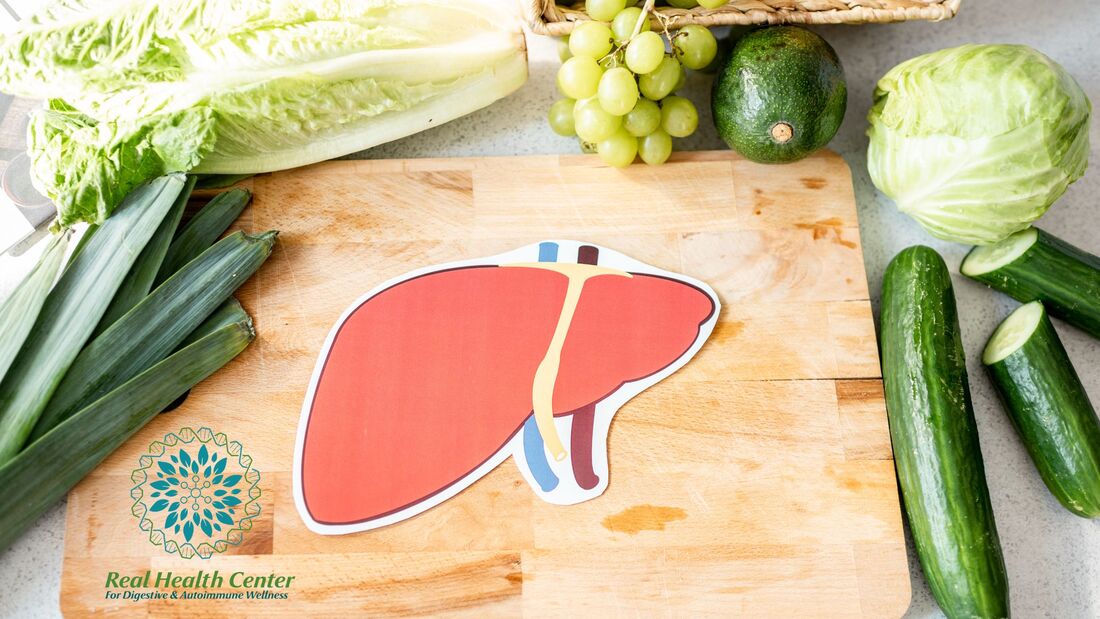

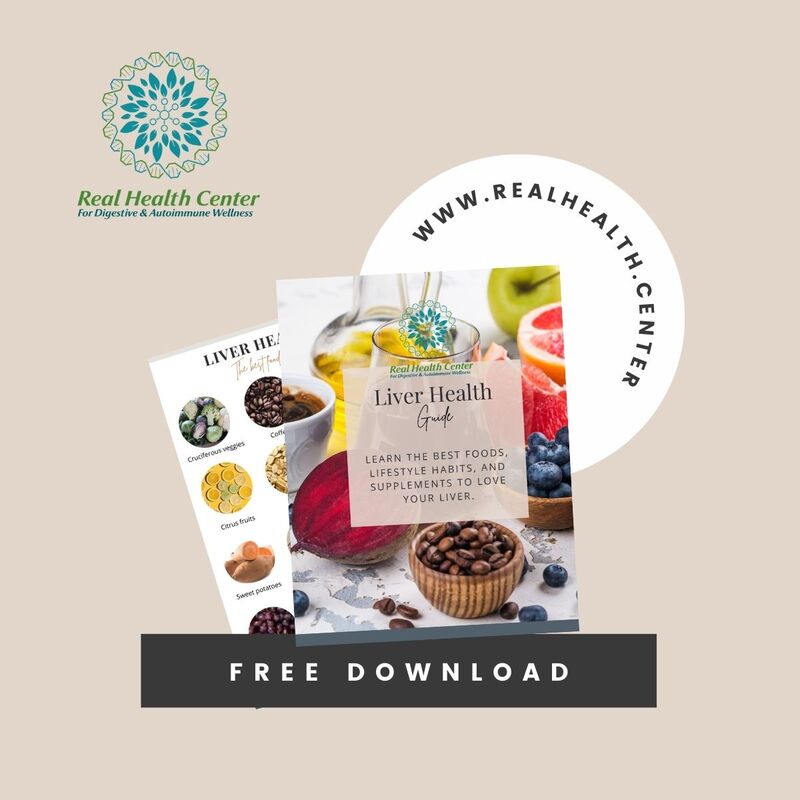

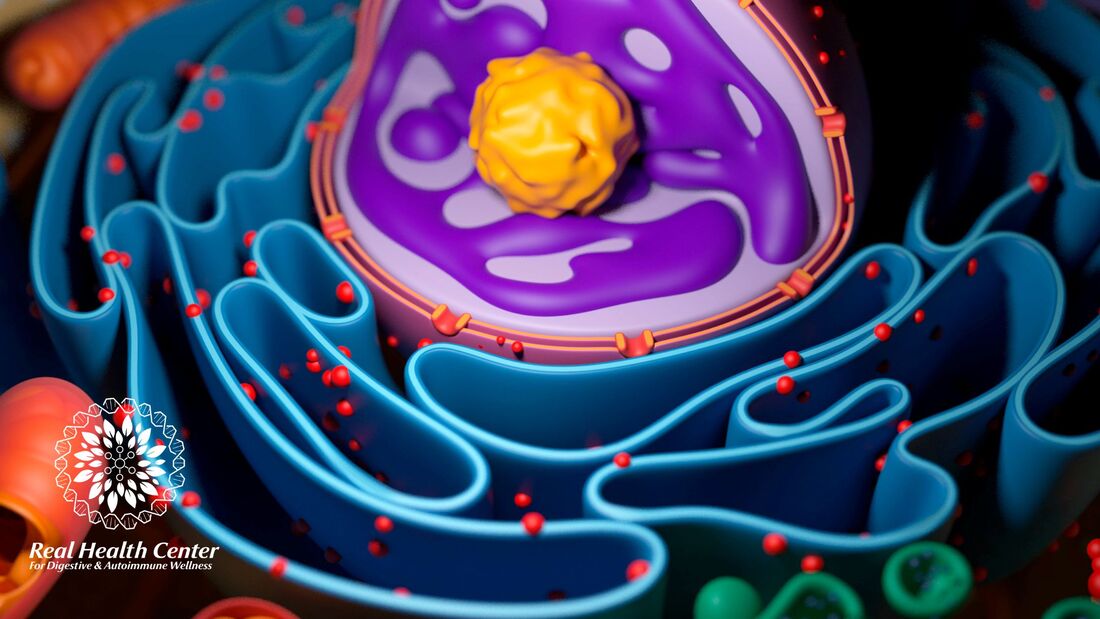



 RSS Feed
RSS Feed
